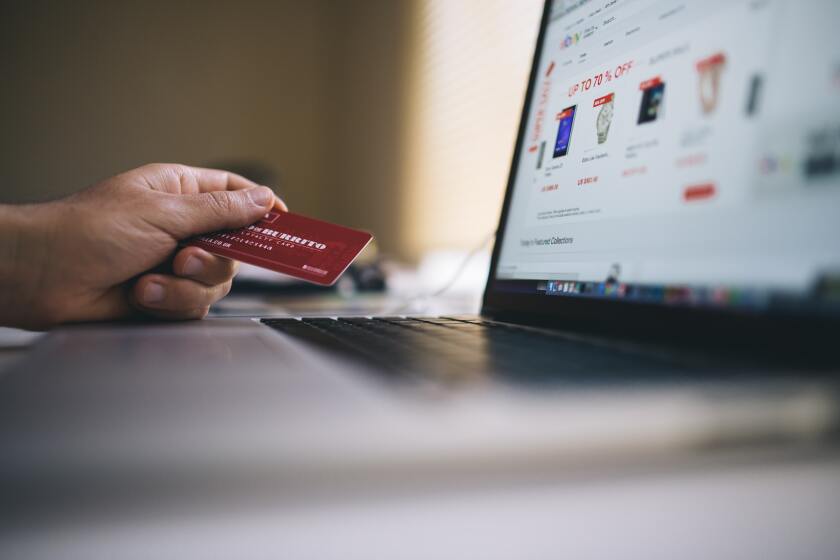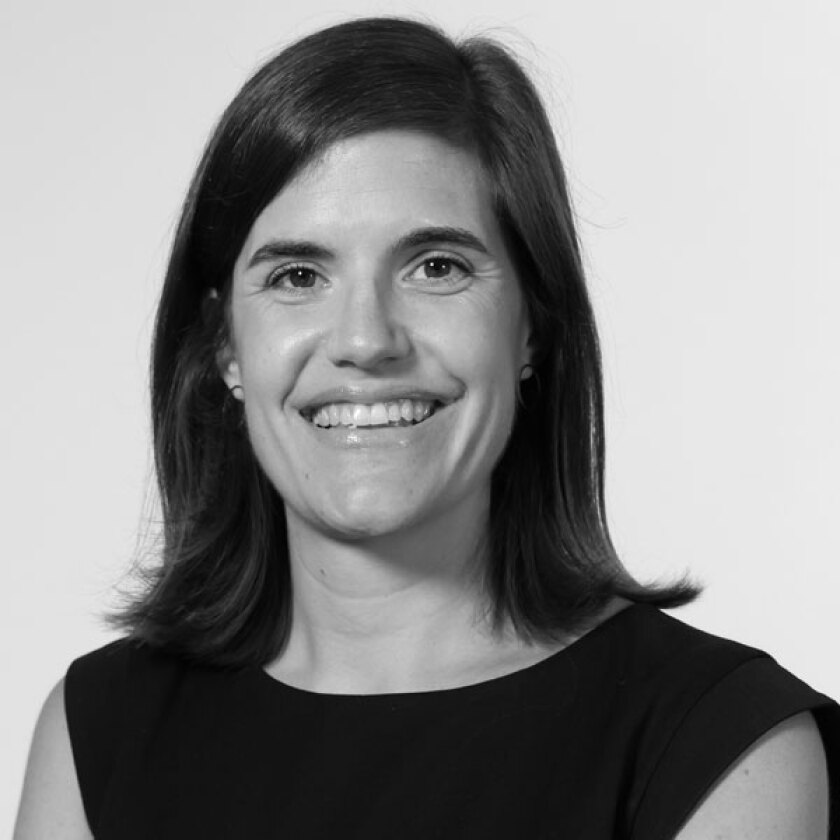The pandemic has made it more difficult for employers to track appropriate business expenses, leading many employees to take advantage.
Noninterest income has bolstered profits this year. But its growth is expected to slow over the next two years, making for a gloomy earnings outlook unless vaccine distributions and the economic recovery are relatively swift.
Lenders pushed back against the notion that city dwellers' pandemic-driven flight to suburbia would hurt them. They say fewer landlords have sought deferrals as vacancy rates remain low and rent collections have stabilized.
The subprime lender cited low odds that Washington will deliver further economic relief, and the fact that $1.5 billion of loans whose deferral period expired are now more than 30 days behind.
The global bank, which has already closed more than 30% of its U.S. branches this year, indicated that the pandemic is prompting it to adjust its plans on the fly.
The company's Silicon Valley Bank unit reduced its loan-loss cushion by $52 million. Private-equity and VC clients have warmed to the practice of doing deals virtually, which increases lending opportunities, SVB executives said.
Many of the Buffalo, N.Y., bank’s commercial loans have exited forbearance granted in the early days of the pandemic — except hospitality and retail, which were given longer dispensation.
The coronavirus pandemic has spurred more private buyers to acquire senior care homes, and the Oklahoma lender is eager to back them.
Banks have managed to steer around trouble spots in energy, hotel and mall-related credits. But fears of further deterioration, an eviction wave or more job losses are keeping lenders circumspect.
The coronavirus pandemic has made it clear that real-time systems are possible, and critical to decision-making.














